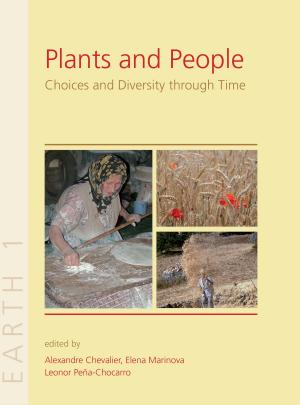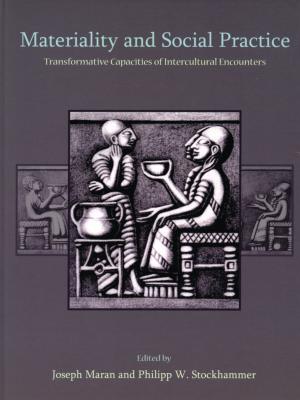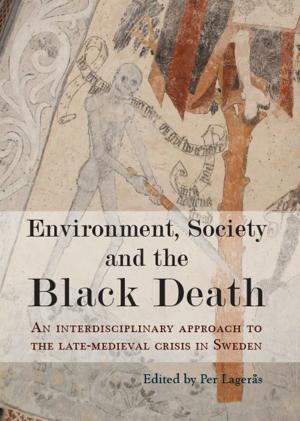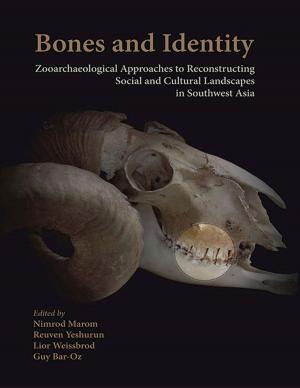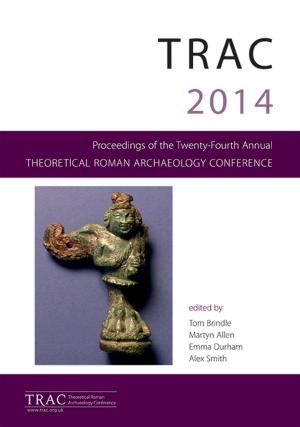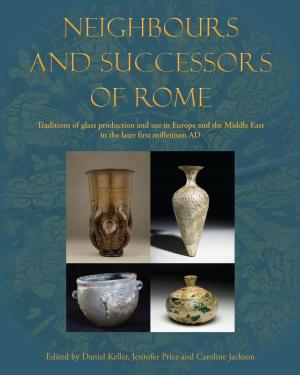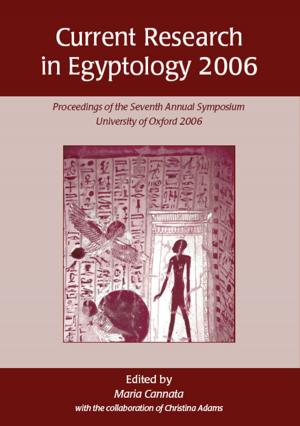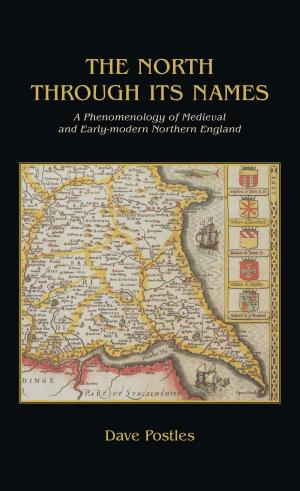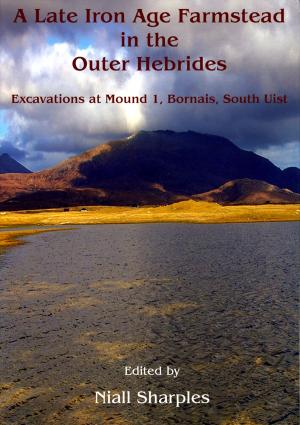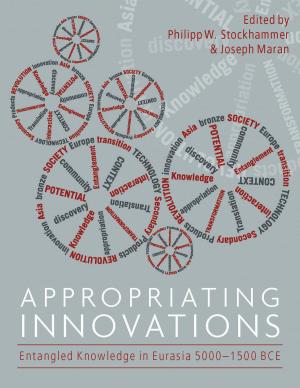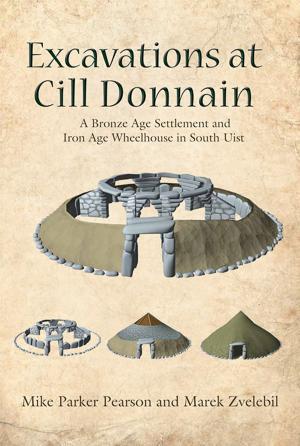Hunters, Fishers and Foragers in Wales
Towards a Social Narrative of Mesolithic Lifeways
Nonfiction, Social & Cultural Studies, Social Science, Archaeology, Science & Nature, Nature, History| Author: | Malcolm Little | ISBN: | 9781782979753 |
| Publisher: | Oxbow Books | Publication: | July 31, 2015 |
| Imprint: | Oxbow Books | Language: | English |
| Author: | Malcolm Little |
| ISBN: | 9781782979753 |
| Publisher: | Oxbow Books |
| Publication: | July 31, 2015 |
| Imprint: | Oxbow Books |
| Language: | English |
Malcolm Lillie presents a major new holistic appraisal of the evidence for the Mesolithic occupation of Wales. The story begins with a discourse on the Palaeolithic background. In order to set the entire Mesolithic period into its context, subsequent chapters follow a sequence from the palaeoenvironmental background, through a consideration of the use of stone tools, settlement patterning and evidence for subsistence strategies and the range of available resources. Less obvious aspects of hunter-forager and subsequent hunter-fisher-forager groups include the arenas of symbolism, ritual and spirituality that would have been embedded in everyday life. The author here endeavors to integrate an evaluation of these aspects of Mesolithic society in developing a social narrative of Mesolithic lifeways throughout the text in an effort to bring the past to life in a meaningful and considered way.
The term ‘hunter-fisher-foragers’ implies a particular combination of subsistence activities, but whilst some groups may well have integrated this range of economic activities into their subsistence strategies, others may not have. The situation in coastal areas of Wales, in relation to subsistence, settlement and even spiritual matters would not necessarily be the same as in upland areas, even when the same groups moved between these zones in the landscape.
The volume concludes with a discussion of the theoretical basis for the shift away from the exploitation of wild resources towards the integration of domesticates into subsistence strategies, i.e. the shift from food procurement to food production, and assesses the context of the changes that occurred as human groups re-orientated their socioeconomic, political and ritual beliefs in light of newly available resources, influences from the continent, and ultimately their social condition at the time of ‘transition’.
Malcolm Lillie presents a major new holistic appraisal of the evidence for the Mesolithic occupation of Wales. The story begins with a discourse on the Palaeolithic background. In order to set the entire Mesolithic period into its context, subsequent chapters follow a sequence from the palaeoenvironmental background, through a consideration of the use of stone tools, settlement patterning and evidence for subsistence strategies and the range of available resources. Less obvious aspects of hunter-forager and subsequent hunter-fisher-forager groups include the arenas of symbolism, ritual and spirituality that would have been embedded in everyday life. The author here endeavors to integrate an evaluation of these aspects of Mesolithic society in developing a social narrative of Mesolithic lifeways throughout the text in an effort to bring the past to life in a meaningful and considered way.
The term ‘hunter-fisher-foragers’ implies a particular combination of subsistence activities, but whilst some groups may well have integrated this range of economic activities into their subsistence strategies, others may not have. The situation in coastal areas of Wales, in relation to subsistence, settlement and even spiritual matters would not necessarily be the same as in upland areas, even when the same groups moved between these zones in the landscape.
The volume concludes with a discussion of the theoretical basis for the shift away from the exploitation of wild resources towards the integration of domesticates into subsistence strategies, i.e. the shift from food procurement to food production, and assesses the context of the changes that occurred as human groups re-orientated their socioeconomic, political and ritual beliefs in light of newly available resources, influences from the continent, and ultimately their social condition at the time of ‘transition’.

